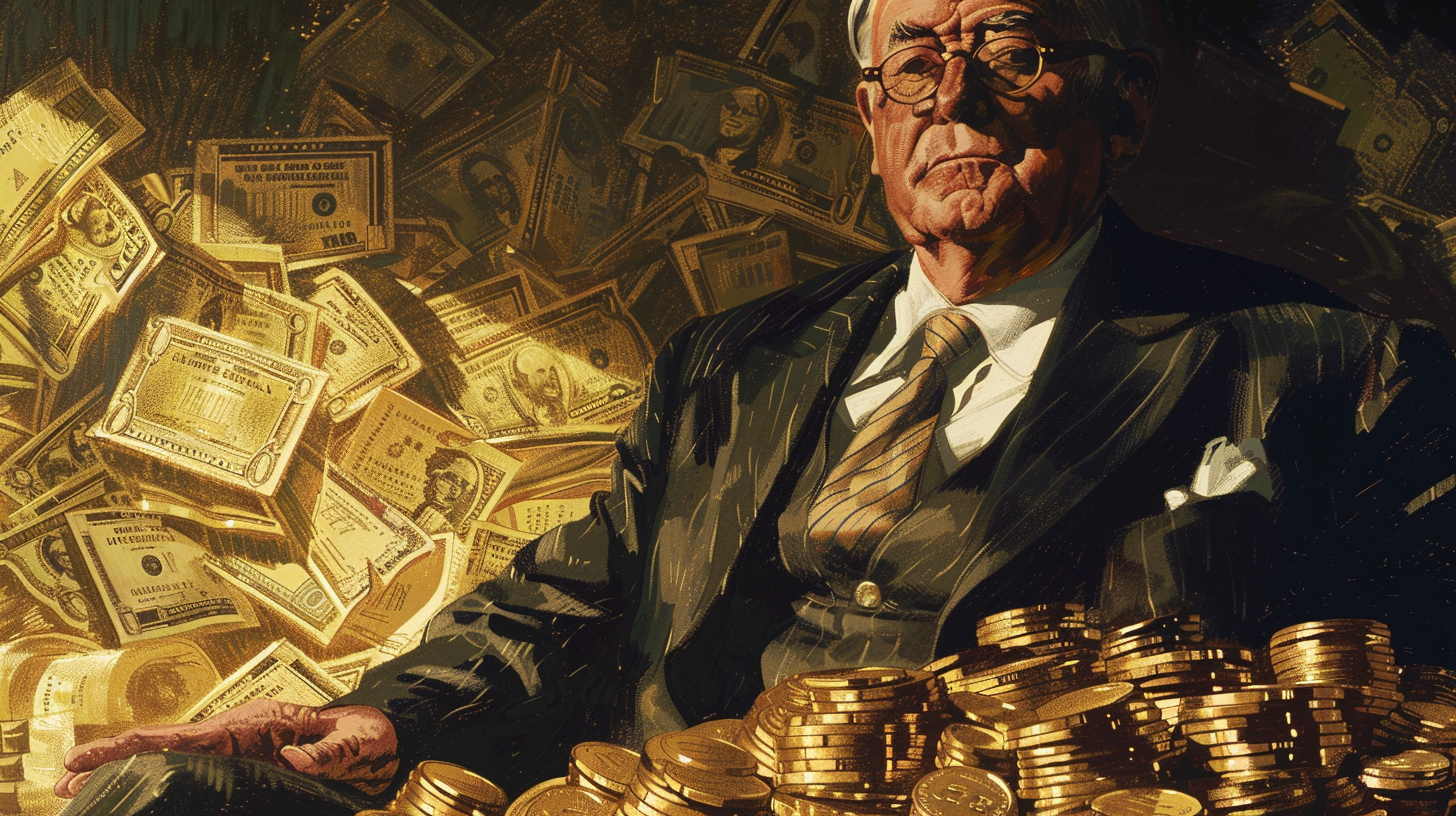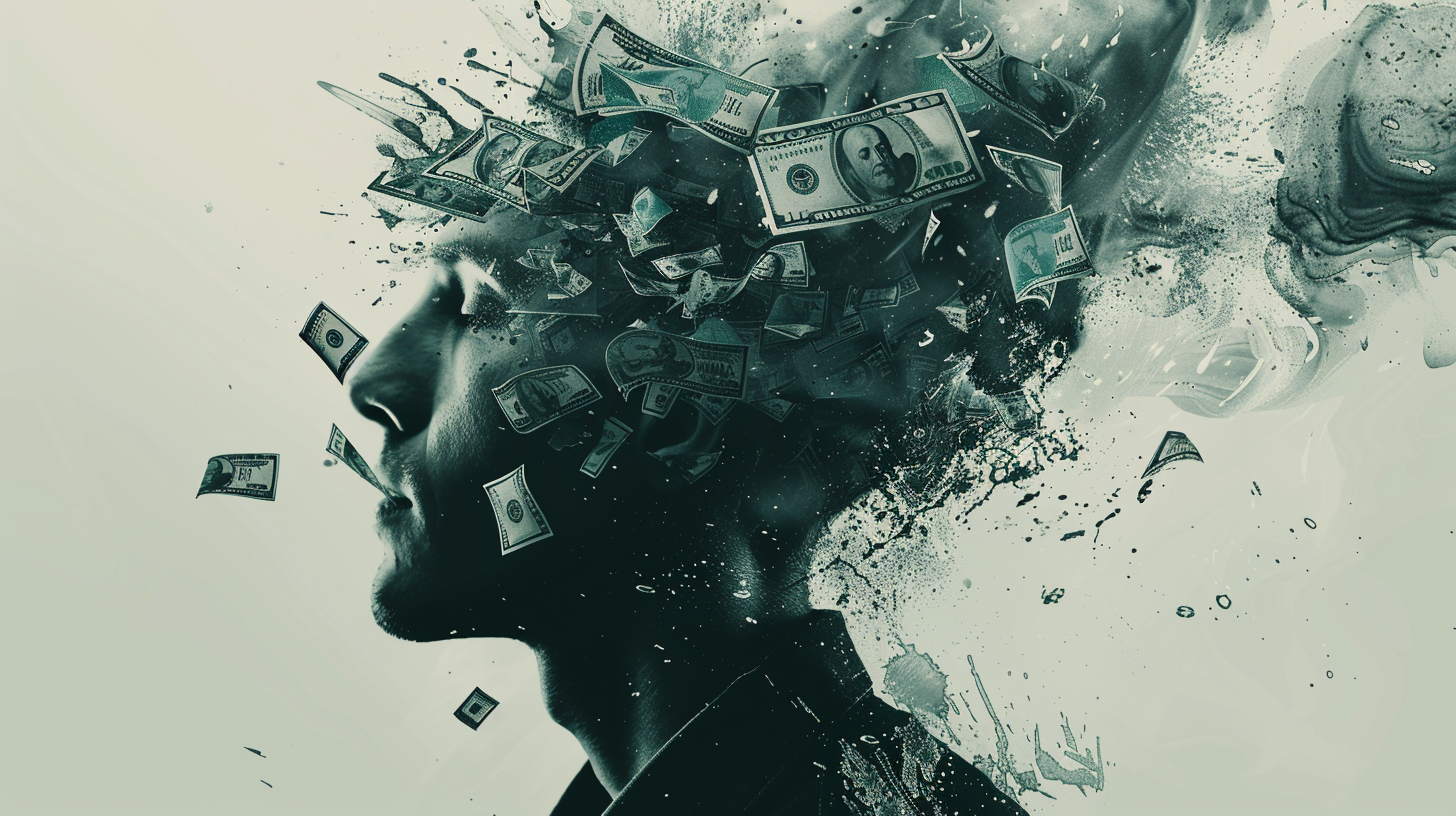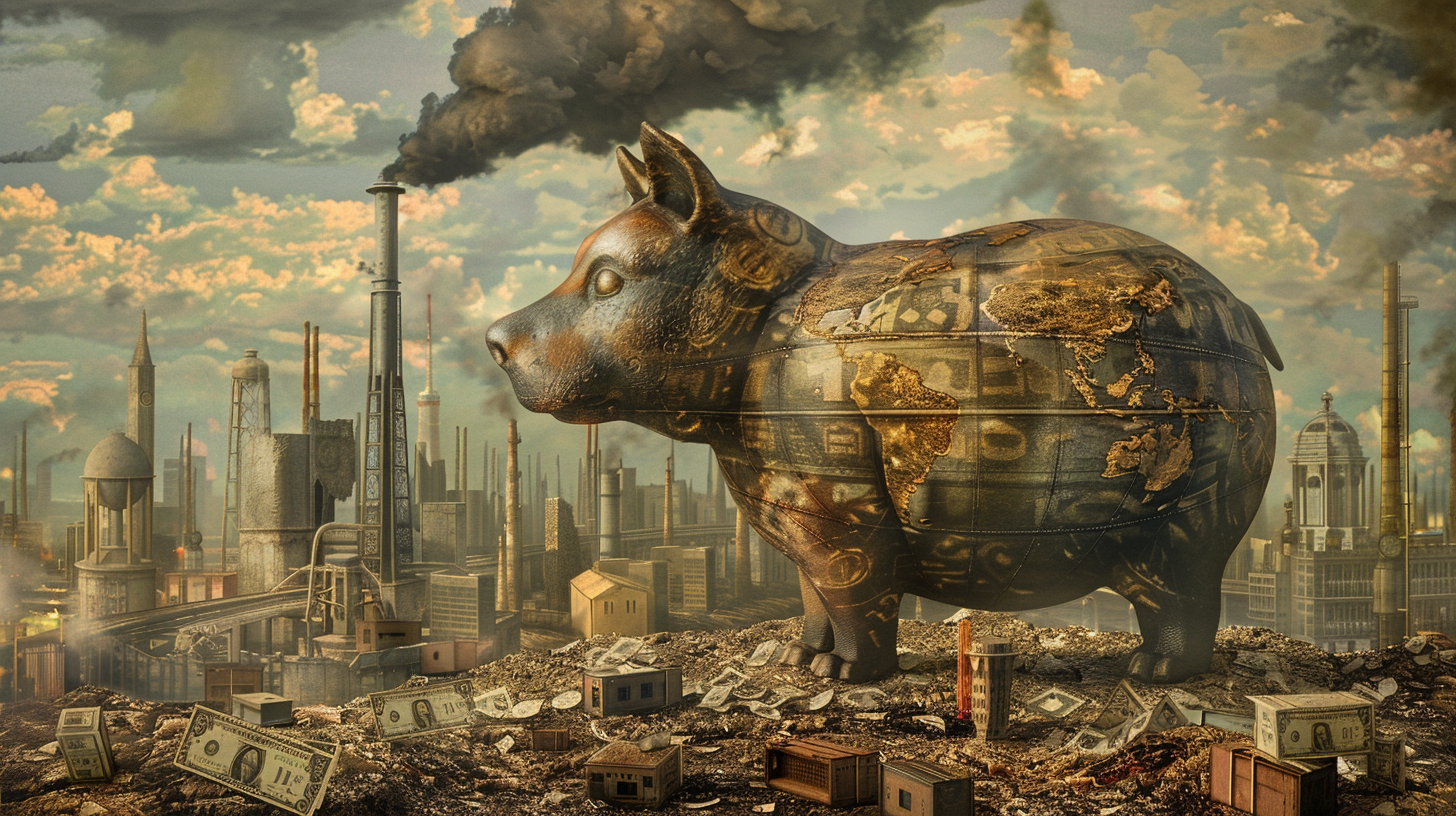Your Optimism Can’t Trump Economic Reality
You can say, “Everything is great,” all you want. But if it isn’t, it isn’t.
Pundits and politicians keep trying to talk up the economy. They might be able to keep optimism running high for a while, but at some point, expectations will run headfirst into economic reality.
In his most recent podcast, Peter Schiff argued that nobody is ready for the long-term pain that’s ahead. That’s because the mainstream is mostly ignoring the warning signs. By-and-large, the message you’ll get watching CNBC or Fox Business is that “everything is great!” Peter has been hammering on this theme. In an earlier podcast, he noted that everybody is still optimistic about the economy because the stock market is so high.
In fact, that’s what Donald Trump kept talking about. ‘The market is hitting new highs, the market is hitting new highs. I’m doing a great job! The economy is booming because the market is making new highs!’ So, a lot of the belief that the economy was doing great had to do with the stock market. But then again, the stock market was going up because everybody believed the economy was doing great. So basically, there was really no proof that the economy was doing great because the market was just buying it on faith.”
Faith and strong expectations are great, but when they go against reality, the reality will win every single time.
In a recent article originally published at the Mises Wire, economist Frank Shostak argues that improving expectations won’t improve the reality of economic conditions.
![]()
Given the popular view that expectations are the key driving force of an economy, many economists hold that “positive” thinking and large dosages of “good” news can prevent bad expectations from developing. This, in turn, will prevent a fall in economic activity.
This is why, when the economy falls into a recession, economists quoted by the press are often very guarded in their speech.
On this Rothbard wrote,
After the disaster of 1929, economists and politicians resolved that this must never happen again. The easiest way of succeeding at this resolve was, simply to define “depression” out of existence. From that point on, America was to suffer no further depressions. For when the next sharp depression came along, in 1937-38, the economists simply refused to use the dread name, and came up with a new, much softer-sounding word: “recession”. From that point on, we have been through quite a few recessions, but not a single depression.
But pretty soon the word “recession” also became too harsh for the delicate sensibilities of the American public. It now seems that we had our last recession in 1957-58. For since then, we have only “downturns”, or, even better, “slowdowns”, or “sideways movements”. So be of good cheer, from now on, depressions and even recessions have been outlawed by the semantic fiat of economists; from now on, the worst that can possibly happen to us are “slowdowns.” Such are the wonders of the “New Economics”
Again, this gentle talk stems from the fear that harsh language will upset people’s confidence, and thus expectations about future economic conditions. If people’s confidence is kept stable then stable economic activity will follow, so it is held.
Given that stable expectations are said to imply stable future economic conditions, many economists strongly recommend that government and central bank policies must be “transparent.”
Let us assume that the government presents a plan to raise personal taxes. How can the mere fact that this plan is made known to everybody will prevent an erosion of individual’s living standards and economic instability?
Even if politicians could succeed in convincing people that the tax increase is good for them, they cannot alter the fact that individuals’ after-tax incomes will be reduced, all other things being equal.
Or let’s say that the central bank makes it public knowledge that it will dramatically increase the money supply.
How can the simple publication of this information prevent capital consumption and the development of a boom-bust economic cycle?
What is to be gained if every individual has been brainwashed to believe that things are fine while in reality, the economy is falling apart?
So-called “stable expectations” can’t undo the damage caused by loose monetary policies or by higher taxes — opinions about facts do not change the facts themselves.
Hence, what matters is not whether government and central bank policies are transparent, but whether these policies hurt individual’s wellbeing.
Expectations in Free versus Not-Free Market Economy
Consumer expectations do not emerge in a vacuum but are part and parcel of every individual’s evaluation process, which is based on his views regarding the real world.
In a free and unhampered market economy, whenever individuals form expectations that run contrary to the facts of reality, this sets in place incentives for a renewed evaluation and different actions. The market will not permit prolonged mistaken evaluations.
Let us assume that as a result of incorrect evaluation, too much capital was invested in the production of cars, and too little invested in the production of houses.
The effect of the over-investment in the production of cars is to depress profits because the excessive quantity of cars can only be sold at prices that are low in relationship to costs that went into making them.
The effect of under-investment in the production of houses, on the other hand, will lift its price in relation to cost, and thus will raise its profit.
This process will lead to a withdrawal of capital from cars and a channeling of it toward houses, implying that if investment goes too far in one direction, and not far enough in another, counteracting forces of correction will be set in motion.
In a free market, the facts of reality will assert their dominance quickly through peoples’ evaluation and therefore their actions.
This is, however, not so in a distorted market economy. By enforcing their policies, governments and central banks can in motion a prolonged deviation of expectations from the facts of reality.
Neither the government nor the central bank can indefinitely defy these facts, however. A classical case of this is the artificial lowering of interest rates by the central bank that results in boom-bust cycles.
We can conclude that in a free, unhampered market economy, individual’s expectations will have a tendency to change in tandem with true market conditions.
Get Peter Schiff’s most important Gold headlines once per week – click here – for a free subscription to his exclusive weekly email updates.
Interested in learning how to buy gold and buy silver?
Call 1-888-GOLD-160 and speak with a Precious Metals Specialist today!





 As fiscal imbalances persist, driven by coercive measures and artificial currency creation, the middle class faces erosion and purchasing power dwindles. But as the world hurtles towards a potential reckoning, the lingering question remains: can this precarious balance last, or are we teetering on the brink of a cataclysmic economic shift?
As fiscal imbalances persist, driven by coercive measures and artificial currency creation, the middle class faces erosion and purchasing power dwindles. But as the world hurtles towards a potential reckoning, the lingering question remains: can this precarious balance last, or are we teetering on the brink of a cataclysmic economic shift? Beneath the veneer of headline job gains, the American economy teeters on the brink: native employment dwindles as part-time and immigrant jobs surge. Government hiring camouflages looming recession warnings. Inflation and political blunders worsen the crisis, fueling public outrage at the establishment’s mishandling of the economy.
Beneath the veneer of headline job gains, the American economy teeters on the brink: native employment dwindles as part-time and immigrant jobs surge. Government hiring camouflages looming recession warnings. Inflation and political blunders worsen the crisis, fueling public outrage at the establishment’s mishandling of the economy. On April 5 1933, Franklin D. Roosevelt abandoned the gold standard, wielding questionable legal power amidst America’s dire economic depression. His whimsical approach to monetary policy, including coin flips and lucky numbers, unleashed unprecedented inflation and price increases that have since amounted to nearly 2500%. Our guest commentator explores this tragic history and the legacy […]
On April 5 1933, Franklin D. Roosevelt abandoned the gold standard, wielding questionable legal power amidst America’s dire economic depression. His whimsical approach to monetary policy, including coin flips and lucky numbers, unleashed unprecedented inflation and price increases that have since amounted to nearly 2500%. Our guest commentator explores this tragic history and the legacy […] Welcome to the world of modern economics where the term “inflation” no longer signifies the increase in the quantity of money, but has evolved into a plethora of buzzwords. From “shrinkflation” to “greedflation,” these new terms and semantic shifts are by no means harmless but a manipulation of popular sentiment. Von Mises said they play […]
Welcome to the world of modern economics where the term “inflation” no longer signifies the increase in the quantity of money, but has evolved into a plethora of buzzwords. From “shrinkflation” to “greedflation,” these new terms and semantic shifts are by no means harmless but a manipulation of popular sentiment. Von Mises said they play […] Assuming CPI measurements are not understatements, the dollar’s value has plummeted by a staggering one-fifth since 2020, yet, rather than acknowledging its role in fueling this economic turmoil, the Biden administration deflects, casting capitalism and corporate greed as the villains. The latest February CPI data show more signs of the upcoming inflation bloodbath.
Assuming CPI measurements are not understatements, the dollar’s value has plummeted by a staggering one-fifth since 2020, yet, rather than acknowledging its role in fueling this economic turmoil, the Biden administration deflects, casting capitalism and corporate greed as the villains. The latest February CPI data show more signs of the upcoming inflation bloodbath.